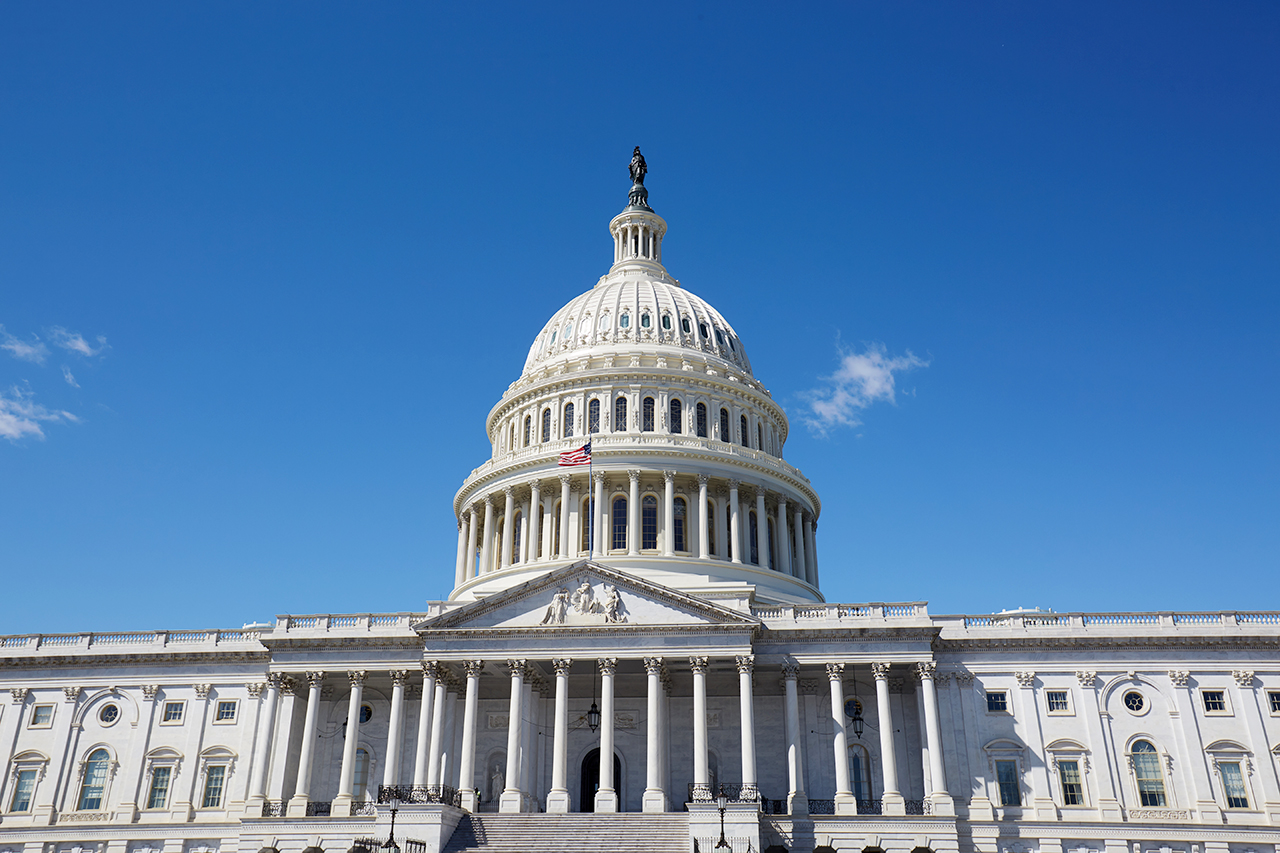Throwback Thursday Feature from Wednesday, December 6, 2017.
When the U.S. House and Senate Republicans meet in conference to discuss how they will reconcile their two different tax reform legislations, among the topics of discussion will be the repeal of the Affordable Care Act’s individual mandate. The repeal of the ACA’s individual mandate is included in the Senate’s tax reform legislation, but not in the tax reform bill passed by the House.
One thing that will not be part of the discussion is the other ACA mandate, the one that prompts the employer shared responsibility payment (ESRP).
Senate Republicans wanted to add repeal of the individual mandate to the tax reform bill to save nearly $340 billion in federal funds during the next decade to mitigate increases to the federal deficit. The savings result from the federal government not having to pay premium tax credits (PTCs) to help low income families offset the cost of securing healthcare insurance on government exchanges to comply with the individual mandate.
According to the Congressional Budget Office (CBO), if the individual mandate is repealed, 13 million more Americans will not be insured, the result of which will be individual plan premiums 10 percent higher each year. For individuals that opt not to obtain insurance, the removal of the individual mandate means no more tax penalties as called for in the ACA. For legislators, that means fewer PTCs applied to insurance coverage premiums, which leads to the projection of a $340 billion reduction in federal expenditures. For low-income and PTC-eligible families purchasing healthcare through the ACA, any rise in premium costs will be offset by their receiving more PTCs.
Senator Susan Collins (R-ME) had been opposed to including repeal of the individual mandate in the Senate tax reform bill, but relented when she was assured that Republicans would support the Bipartisan Health Care Stabilization Act proposed by the U.S. Senate’s Committee on Health, Education, Labor, and Pensions. The proposed legislation would provide a two-year extension of the CSR payments to insurance companies providing health insurance policies on government healthcare exchanges, and greater flexibility to states in developing solutions to their healthcare challenges by making changes to the ACA’s state innovation waiver process. The the CBO analysis of the bipartisan healthcare bill found it would reduce costs for the the federal government by $3.8 billion between 2018 and 2027. It would also maintain the number of people insured under the ACA. Easing restrictions on catastrophic plans could decrease premiums in the exchanges and save the federal government $1.1 billion over 10 years in decreased premium subsidies.
As for employers, nothing is changing. The ACA employer mandate remains in place. Employers with 50 or more full-time or full-time equivalent employees, known as Applicable Large Employers (ALEs), still will be required to file ACA information for the 2017 tax year with the IRS.
At the same time, the IRS has begun enforcing the ACA for the 2015 tax year. IRS penalty review process will be ongoing and will include the 2016 tax year and future tax years. Expect that for future tax years, the IRS may be even more demanding of information to explain why your organization failed to comply with the ACA.
ALEs that receive Letter 226J will typically have 30 days from the date of the letter to respond. Begin preparing now in anticipation of receiving one. Develop a response strategy. Review your past years’ filings, consult with experts if you have any questions, and confirm that your previous year’s filings were properly filed. Implementing these simple steps now will help you timely respond to any IRS inquiries, and possibly reduce your overall penalty exposure under the ACA.






